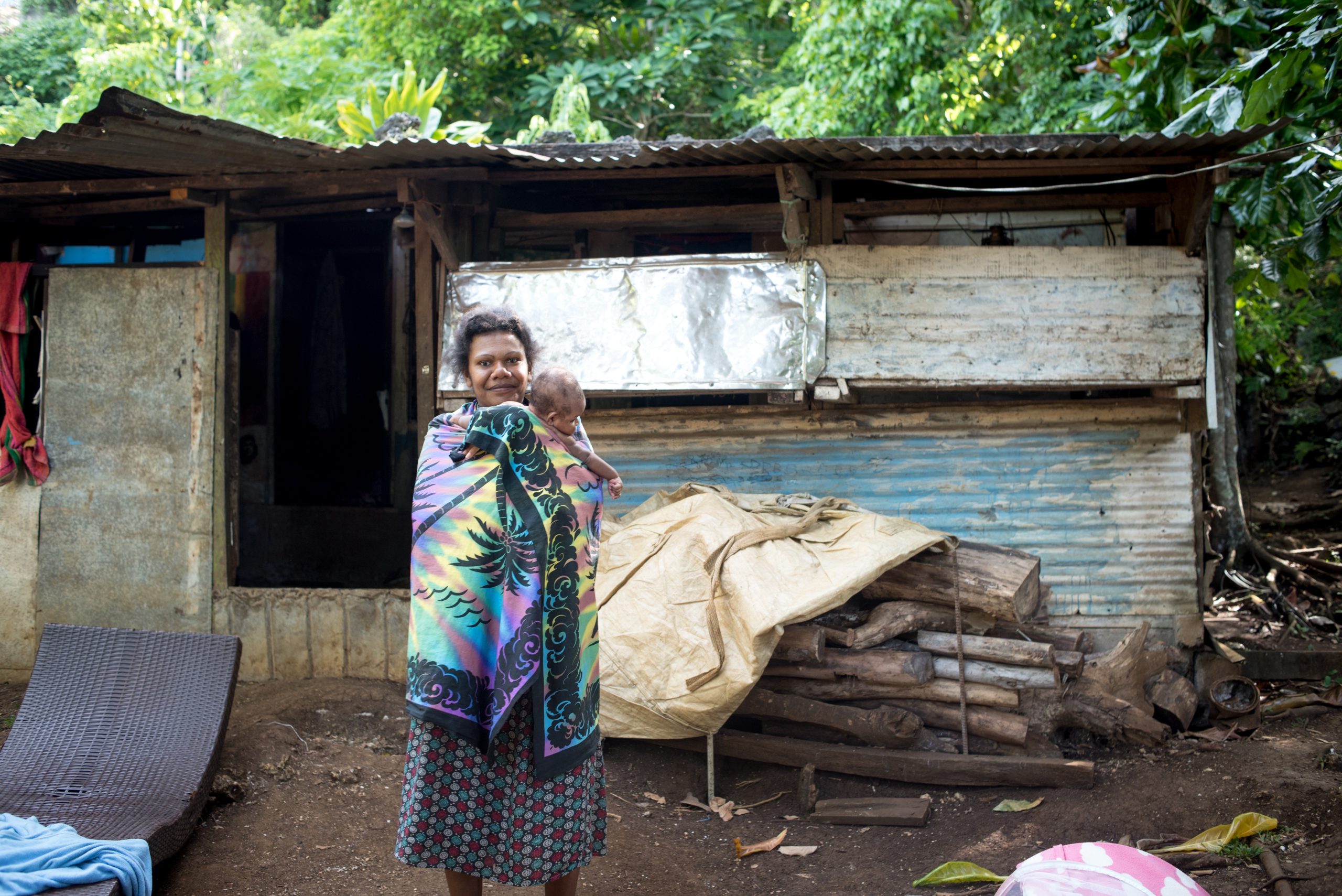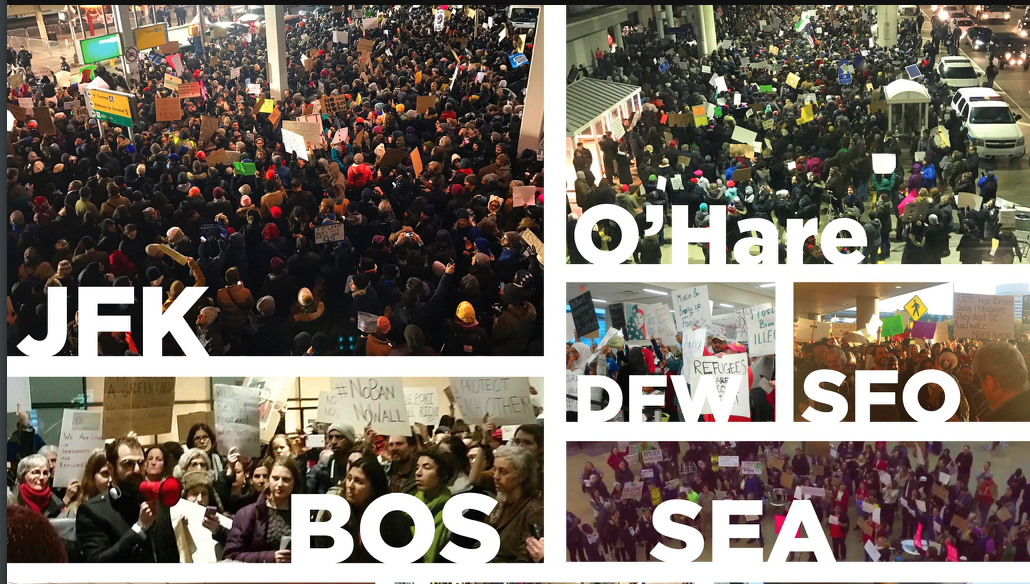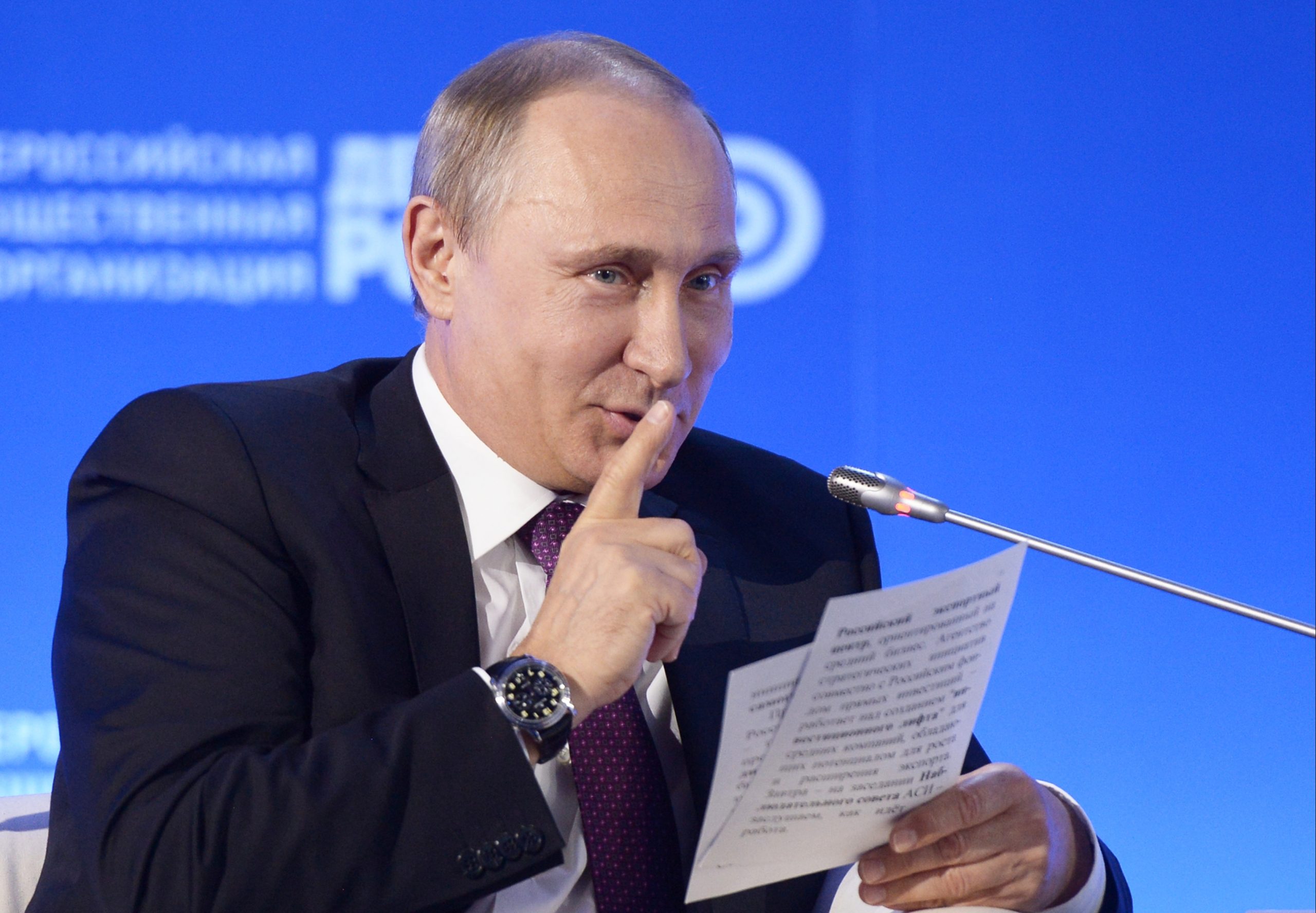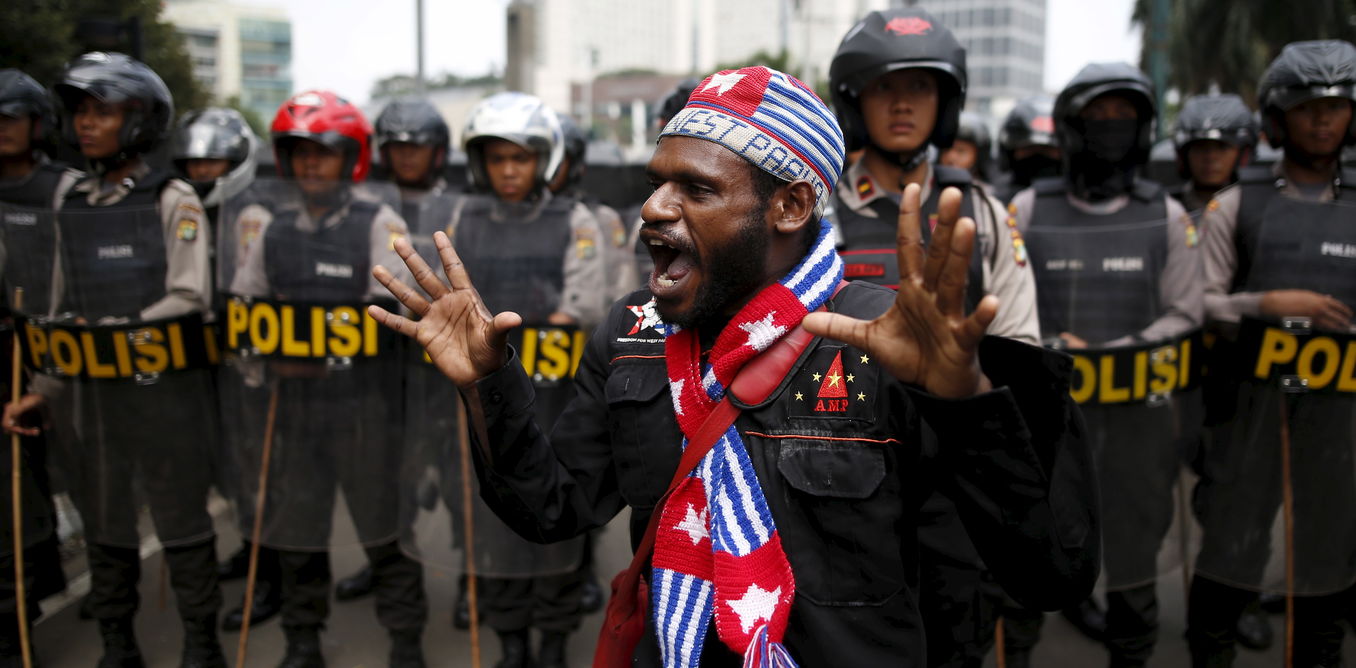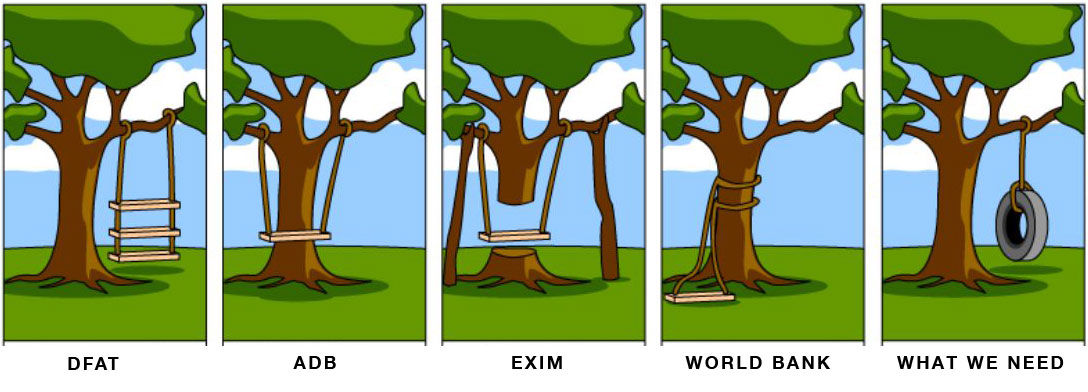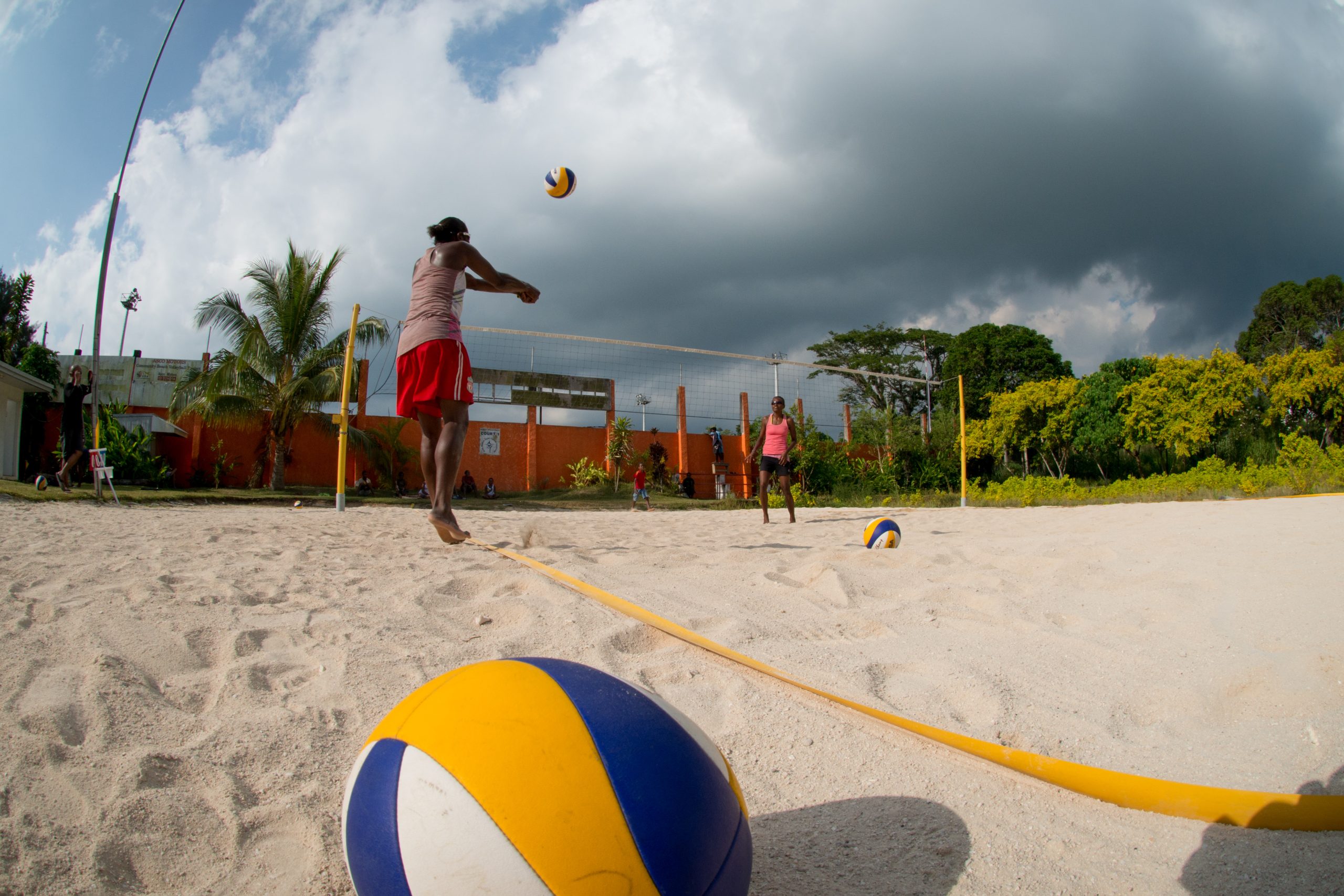Searching for JJ
Some people spend their lives in endless, often fruitless pursuit of an Academy Award. Those people are not from Vanuatu.
Vanuatu woke up today to a rather startling piece of news. Tanna, a movie filmed entirely with amateur indigenous actors on location in and around the kastom village of Yakel, was a finalist for the Best Foreign Language Film Oscar. Then it rolled over and went back to sleep.
When I got the news of the nomination, I began a full-court press to get a reaction from the cast.
That turned into an adventure.
I confess it freely: My heart skipped a beat. Not just because of the inarguable beauty of the film. Not just because it is woven of the same stuff that persuaded me to make a new life in the South Pacific so many years ago.
Mostly, it was because I wanted to see the look on Marceline’s face.
Marceline plays a key role in Tanna’s tragic story. She was nine years old when the movie was made. Significant parts of the film are viewed through her eyes, and her innocence is the gateway to unutterable grief before the credits roll.
I met Marceline on her very first day outside of the island of Tanna. She had never seen a town as big as Port Vila (POP. 50,000) before, and it was exhausting. When she and some of the cast showed up at our radio station late in the afternoon, she was done in. I asked her a few questions in Bislama, and received monosyllabic answers in return. Before the interview was even halfway done, she was full length on the leather couch, sound asleep, her head in cast-mate Marie Wawa’s lap.
Marceline’s world in Tanna is not a fiction. It’s not a memory, either. The scenes you see in Tanna are still playing themselves out today. Her clothing might be a little more natty than what you saw in the film, but grass skirts are still the going thing.
My heart went out to the little girl as I watched her struggling to come to terms with a place that had car after car after car, a place that was noisome and dusty and loud.
I started to take her photo at one point, but immediately relented when I saw her begin to flinch.

How in the world was she going to be able to deal with the strobing tumult of the red carpet? The cast members were en route to the Venice Film Festival, following Tanna’s selection in the prestigious Critic’s Week. The film went on to win the People’s Choice award and the Critic’s Award for cinematography.
On their return, I caught up with the group at the airport, shortly before they headed back to their island. Marceline seemed perfectly at home in her skin, a changed creature from the shy and hesitant child I’d seen only a couple of weeks before.
“How did it go?” I asked her in Bislama. “When all the photographers were taking your photo all at once, how did you manage it?”
She shot me a worldly, knowing look, and said, “You get used to it. After a while, it’s no problem.”
The next time they came to Port Vila, it was for the Vanuatu premiere of the film, at our only actual cinema. Marceline and the rest of the core cast members were there, all dressed up in their ceremonial regalia.
This time, when I pointed the camera at her, she gave me a smile as wide as a river.
Starring in one of the most notable films of the year doesn’t quite have the same cachet in Vanuatu as it does elsewhere. For one thing, people have to know about it.
We contacted the Cultural Centre, which facilitates contact with Tanna’s traditional villages. They told us that the phone number they had didn’t work anymore, but there was good news: JJ and Dain, producer and lead actor respectively, had moved up in the world.
They’d both left the island and found employment. As night watchmen with a local security company.
No number was available, but this is Vanuatu, after all. We decided to use the tried and tested coconut telegraph method.
The Cultural Centre worker told us that JJ—whom the world knows as the interpreter on Channel 4’s wildly popular Meet The Natives—was still around. He’d acted as ambassador/interpreter/facilitator between a group of Tannese men from a village that bestowed demigod status on Prince Phillip, and their hosts at different locations in the UK, including Prince Phillip himself.
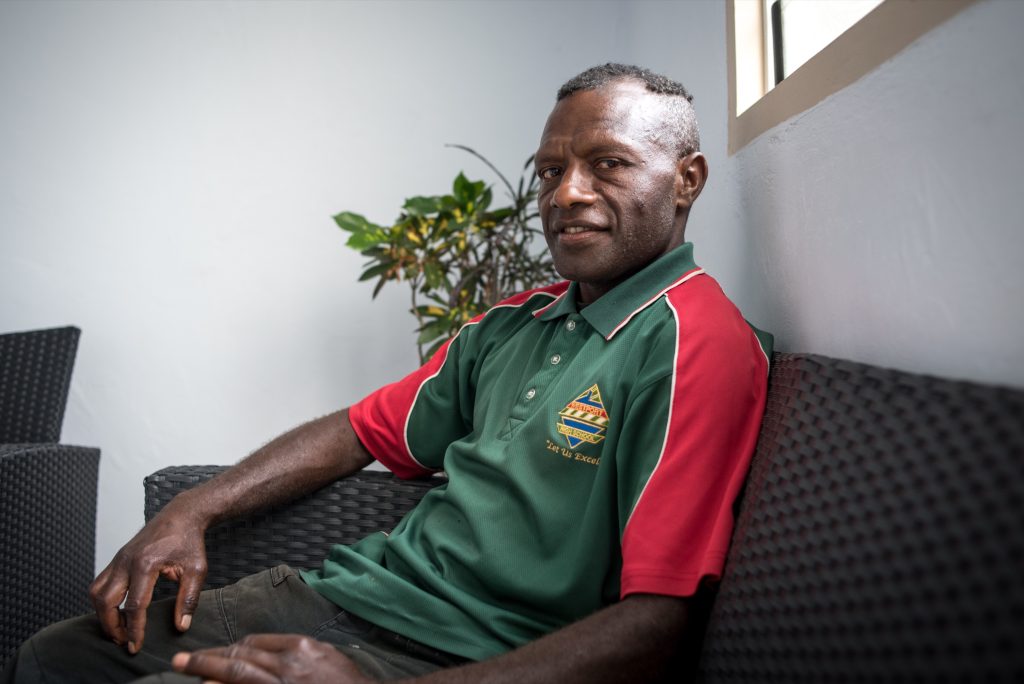
JJ is a man about town. He’s gregarious, knowing, worldly and warm-hearted. He’s also a gifted promoter and knows how to keep himself in the story. An essential person, in other words, if you want to spend six months creating a film based on tragic events that are still vividly etched in the memories of the people of Yakel village.
Dain is utterly the man he portrays in Tanna. Laconic, deeply honourable and dignified, terse almost to a fault. And smouldering. Sadly, he’s also gone back to Tanna. He’d had enough of punching the clock.
And we won’t see Marceline until she transits through on her way to Los Angeles.
But we soldiered on throughout the day, fruitlessly searching for JJ, our last best hope. Our Modus Operandi was simple: Find a place he’d been seen, go there, and ask where we could find him.
Again and again, I said the magic words ‘Academy Award’. No bite. People smiled and said, ‘Oh, that’s nice.’
‘It’s the highest possible prize a movie can win,’ I said.
‘Is it? That’s very good,’ they replied, in the tone a parent takes when a child brags about that shot they took at soccer.
Nobody had seen JJ, and nobody was particularly fussed about that, least of all JJ. We tracked down his dad, though.
‘Do you know where he got to?’ I ask.
‘Oh who knows with that boy? He goes where he wants,’ said Dad, half fondly, half peevishly.
‘Well,’ I said, ‘the entire world wants to hear from him. We really anxious to get him down to the radio station for an interview.’
‘Okay,’ said Dad, nodding gravely. ‘How’s tomorrow?’
‘Tomorrow’s fine. But today would be much better.’
We got back to the station, ran our nightly news piece on the difference between an American Oscar nominee and a Ni Vanuatu nominee. I put the finishing touches on this story and was moments away from filing…
Our receptionist said to me, ‘Boss, there’s a man to see you.’
‘Who?’
‘He says he’s from Tanna.’
JJ, at last. He came sauntering in with a casual smile.
I ushered him up to our studio and quickly into the interview. He was imperturbable.
‘Going back to LA is like going back to my home,’ he said with a grin. He’s not exaggerating much. JJ has been a key fixer on two significant television series, and the cast of Tanna have strolled down so many red carpets that they’re beginning to think that’s what a building entrance looks like.
The lesson we take from the day is almost Zen. The movie star who works as an occasional night watchman can wander around town all day without a care in the world or a penny in his pocket, and sleep better at night than Meryl or Leonardo have in their lives.
We finish the interview, take a few photos—in which JJ demonstrates his ineffable cool—and when we’re done and walking to the door, he says to me, ‘They told me you would pay for my bus fare if I came down?’
This won’t get better soon
It’s already become clear that the White House explicitly overrode a DHS determination that contended the ban didn’t apply to Green Card holders and other valid, vetted residents. The ACLU is reporting that some officials are not abiding by a number of stay order issued at courts in at least three locations.
As a legal instrument, at least one scholar sees this particular Executive Order as so incredibly flawed that it won’t stand up to a sustained legal attack by the ACLU, CAIR and others.
Most worrying though are the reports circulating that the drafting process bypassed the normal interdepartmental and legal review stages, and that DHS was only briefed on the content of the Executive Orders as they were being signed. This doesn’t sound like an administration that’s particularly worried about adhering to the letter of the law, or bringing a lot of people into the conversation. Not sure how that will stand up over time. Politics is often petty and vengeful, and the White House is already leaking like a sieve. It might be that their incompetence is what does them in. It may be that their unwillingness to share power will do it.
My personal feeling is that neither one will stop them. I think people severely underestimate the lengths that this administration will go to to see this through. When Donald Trump promised the people of America that he would never back down, that he would do everything to advance the cause… I think he was speaking literally. When Steve Bannon says that we’re at war with Islam, I think he believes it fervently. When Flynn and others portray their work as an existential fight, I think they’re sincere in that.
Left-leaning people and other opponents have mobilised quickly, but they’re expecting the administration to react the way they would react. They think that public shaming, legal action and political activism will drive Donald Trump’s administration back. I fear they’re wrong. They will be seen as traitors and subversives, and they’ll be treated accordingly, through formal and informal means. They don’t realise that their resistance will ultimately have to be physical. They should be reading up on their Thoreau right about now….
Did Russia ‘hack the election?’ Yes and No
Here’s a quick summation of where we stand, based on public domain analysis and reporting, vis-à-vis the purported Russian ‘hack’ of the US Presidential election.
Anyone who claims that the Podesta emails were not real is delusional. There’s no real dispute over that.
Anyone who believes that Julian Assange isn’t biased against Hilary Clinton is also delusional. Mr Assange also shows a disturbingly willful blindness to find any problems with the state of civil liberties and human rights in Russia—this, again, is not really subject to controversy.
Anyone who believes that Assange can be certain about the origin of the Podesta emails doesn’t understand chain of custody. His de facto imprisonment in the Ecuadorian Embassy makes it physically impossible for him to objectively, empirically verify any claims of provenance. If this were evidence for the courts, he wouldn’t be allowed to testify as to the provenance of the emails.
Anyone who has examined the pattern of overt and covert activities as already detailed by public domain sources that has been judged with a high or a moderate level to confidence to originate from the Russian state would be foolish to deny that there isn’t a strong preponderance of evidence that yes, Russia conducted an anti-Clinton (dis)information campaign.
On-the-record print and TV interviews with avowed state-paid Russian trolls who profess a strong preference for Donald Trump constitute probitive evidence of a classic old-school dezinformatsiya effort. It’s something that both sides used frequently in the Cold War. RT’s overt anti-Clinton editorial slant is obvious, and strongly contributory. Assange’s frequent appearances on the channel are evidence of nothing more than a bit of narcissism on his part.
The fact that the APT28 modus operandi is consistent with well-documented spying activities against the Bundestag as well as the TV5 cyber-attack is a substantive plank in the circumstantial case. The fact that APT28 code was almost exclusively developed in a Russian language build environment, in the Moscow time zone is damning. The fact that that they used of bit.ly as an URL-obfuscator—and then committed a rooky OPSEC slip-up that allowed investigators to see what other individuals were targeted by the same account—is compelling. The fact that APT28 source has been found in the wild doesn’t diminish the likelihood that this particular use of it originated from the Russian state. The use of encryption keys and certs (e.g. the way the software ‘phones home’ securely) pretty much makes it impossible for third parties to use the code without significant—and obvious—re-engineering. There is no evidence of such changes. In fact, at least one cert used in the Bundestag hacks was re-used in this effort.
The evidence suggesting that Guccifer 2.0 is almost certainly not Romanian (as ‘he’ claimed), and is probably a Russian speaker, is not probitive, but it’s strongly contributory to a conclusion that the account is a sock puppet, probably linked to a Russian source.
The USA intelligence community lacks credibility. It has relied far too much on its own much-sullied authority to make its arguments. But its credibility is laughable, and its patent insincerity and systematic dishonesty is demonstrated by a mountain of evidence. The fact that their assertions are consistent with open-source evidence indicates, however, that they’re not lying about everything—this time. That does nothing to diminish the fact that they’re driving a clear agenda, possibly because they don’t trust Donald Trump and they feel he’s compromised, or at least willing to put personal interest before national interest.
Conclusion: It’s not necessary to believe the CIA/NSA/FBI to conclude that there is a concerted Russian effort to subvert the integrity of key aspects of American democratic institutions, including the US Presidential election. The Russian state has motive, means, opportunity and there is sufficient evidence to suggest that, in absence of any more compelling explanation, they have probably been at it for quite some time. Did they ‘hack the election’? No. Did they sway it? They certainly put a lot of time and resources into the effort. Did they change the outcome? Probably not. The single event that correlates most closely with an actual swing in the electorate is James Comey’s letter to Congress concerning the Weiner laptop. Did they help swing it? Almost certainly, yes. There’s a compelling argument to be made that if countless sources—with Russian actors prominent among them—hadn’t worked so hard to poison the Clinton well, the Comey announcement wouldn’t have been so decisive.
Don’t argue as if the world were sane
Glenn Greenwald, in every respect a reputable, diligent and ferociously smart gadfly, continually forgets to remember that few people are as sane and as willing to be led by evidence as he is. It’s his great failing.
Nowhere is it more visible than in his incredulity toward the CIA and the rest of the US state security apparatus concerning their claims of Russian tampering in the election process. He is dead right to mistrust the CIA’s every utterance. Lying, after all, is a large part of what they do for a living. Likewise, a politicised and partisan FBI is not a useful source for agenda-free commentary on Russia’s disinformation campaign.
But none of the above provides a sufficient basis to say that Russia has not played a direct and active role in the subversion of the American democratic process. Using the espionage establishment’s lack of credibility to refute the claim of Russian meddling is completely illogical.
We discount or discard the CIA’s claims precisely because we know that they’ve done far, far worse countless times in the past. We know they’ve planted or spun innumerable stories. To people living in vulnerable parts of the world, it’s simply axiomatic that Voice of America and USAID are tools of American influence. We also know they regularly use economic leverage to bring about certain policies, and they regularly plant stories to tarnish the image of any government that doesn’t toe their line.
Yes, they’re hypocrites and liars. Nobody disputes that. Yes, they’re guilty of exactly the sins of which Russia stand accused. But if anything, that realisation should reinforce the suspicion that Russia might be giving back as good as it gets. (Or better, depending on where you stand and how you feel about the success of the campaign to tarnish Hillary Clinton’s reputation.)
The sins of which the Russians stand accused are exactly the things that powerful countries do. They do it continually, shamelessly and cynically. It’s what they do. Read more “Don’t argue as if the world were sane”
Weapons of the Weak
Radio New Zealand journalist Johnny Blades created a memorable image last week when he posted a montage of six heads of government from some of the smallest states of the world, each standing at the podium at the United Nations General Assembly.
The leaders of these six countries—Vanuatu, Solomon Islands, Tonga, Nauru, Marshall Islands and Tuvalu—all raised the issue of continuing human rights abuses in West Papua, and advocated for its right to self-determination.
These representations should by rights have emerged from the Pacific Islands Forum in Palau, but if rumour is to be trusted, the organisation’s larger economies are responsible for the Forum’s resounding silence on the issue.
In a tacit demonstration of the unwillingness to live within the Forum’s constraints, a half dozen Pacific leaders engaged in an orchestrated manoeuvre, a chorus of complaint against the clear pattern of systemic disregard for the human rights of indigenous West Papuans.
Talk may be all we can do about it, but at least we can do that. Read more “Weapons of the Weak”
Advisors were never the problem
It’s always someone else’s fault. Even when we were kids, it was always little brother or sister who stole the cookies, spilled the milk or woke the baby. Then you went to school, and it was the kid at the desk behind you.
Then you began to work, and it was anyone but you. Now you’re on the national stage, and it’s not Vanuatu’s fault; it’s some insidious foreigner whose life is devoted to subverting your country.
It ain’t that simple. It never was that simple.
Let’s get one thing out of the way: foreign technical advisors are just that—advisors. They have no executive power, they do not make policy, and they perform their work at the pleasure of the administration of the day.
When we start blaming technical advisors for our problems, we’re no better than a child blaming a sibling for something they both did. Nobody is forcing us to take advice. Read more “Advisors were never the problem”
We should spend more time on sport
Sport and athletic achievement are—when we keep drugs and money out of the picture—one of the few human activities with few if any downsides.
As we saw last week, they provide us with moments of unity and pride the like of which we don’t often see elsewhere.
Individual and simple team sports are low-cost ways of occupying our youth and providing them with invaluable lessons about hard work, achievement and excellence.
In other words, the very attributes that are so lacking when we bemoan the state of society today.
One thing is particularly clear: for whatever reason, Vanuatu’s athletes seem to operate at a higher baseline standard than countries many times our size. Our beach volleyball team came within a couple of rallies of an Olympic berth. Our rowers proved themselves worthy of standing on the world stage. Likewise our boxers and table tennis wunderkind Joshua Shing.
And now, our latest generation of football players is poised to showcase their achievement at football’s premier global event.
Who can read these facts and not ask, ‘How cool is that?’
But there’s more to sport than just that. Look past the puffery and patriotism of competitive sports, and there’s an entire universe of personal discovery and growth.
Read more “We should spend more time on sport”
PIF-fle
The Pacific Islands Forum has come and gone, and people here in Vanuatu could not care less. There are few Pacific conclaves that generate less interest than this meeting.
In principle, nobody particularly disapproves of getting all Pacific leaders together once a year for a bit of a chat and maybe some minor course correction.
In practice, it seems clear that not all leaders are equal in the eyes of the Forum.
This year more than ever, the final communiqué simply side-stepped any views that didn’t suit the developed nation members.
The event might more accurately be described as the McCully/Bishop Forum.
The region-wide movement to disown PACER Plus was simply ignored in the final language. If Vanuatu needed any other excuse to walk away from this one-sided deal, their treatment in Pohnpei provided one. Scuttlebutt from the venue has it that France’s inclusion in the Forum was anything but a unanimous decision. Prime Minister Charlot Salwai exercised characteristic tact and diplomacy when asked about it, but it doesn’t take a crystal ball to imagine how Vanuatu, one of the staunchest supporters of decolonisation in the Pacific, felt about bringing France into the Forum fold.
France was excluded from the Forum specifically because of its refusal to discuss issues of decolonialisation when the organisation was formed in the 1970s.
West Papua is perhaps the only topic that could dampen Vanuatu’s joy following its under-20 football team winning their way to a World Cup berth. And once again, the Forum has gone to excruciating lengths to make the least possible effort to stop the ‘slow motion genocide’ under way in PNG’s eastern neighbour. Read more “PIF-fle”
Silence an ‘indictment’: Chetwynd
Justice Chetwynd yesterday acquitted the men accused of intentional assault on Florence Lengkon, accepting the defence’s submission that they had no case to answer on those specific charges.
The people of Vanuatu, however, have still to answer for their silence.
Judge Chetwynd ruled that there was indisputable evidence that Ms Lengkon was struck once ‘forcefully’ on the head, and said that if that was the case then it is impossible that all three men could be guilty of landing the blow.
The Prosecution’s case rested almost entirely on a statement submitted by two police officers, who stated that co-accused Elton Worwor put them at the scene of the crime.
But the police officers didn’t ask some very basic questions during that interview, such as how Mr Worwor knew they were involved, whether he actually saw them strike Ms Lengkon, and if so, which of the three of them actually struck her.
Ultimately, the evidence was ruled inadmissible. The three men charged with the assault on Ms Lengkon had no case to answer, and they were therefore acquitted of this serious charge.
But… Justice Chetwynd paused meaningfully before continuing. He scanned the packed courtroom and stated that the fact that over 50 people could have seen what happened and not one of them stepped forward to identify the culprit is ‘an indictment’ on our society. Read more “Silence an ‘indictment’: Chetwynd”


